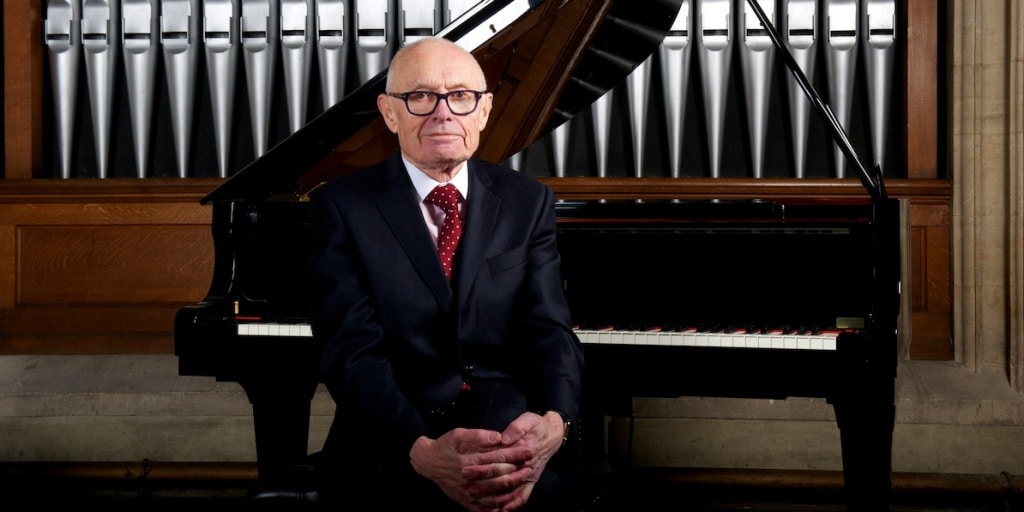A member of Internet Lodge, WBro Naunton Liles, PAGDC, has responded to the invitation to send articles of interest to our Province. He has kindly sent the following and hopes we are all keeping healthy
The Troubled History of the Freemasons’ Oath
If you were initiated before 1987 you would have taken an oath which included a physical penalty, as Freemasons have done from time immemorial. We had been doing this for decades, and indeed it continued until 1987. At that time, the physical penalty was dropped in an effort to overcome much public misunderstanding about Freemasonry, but the oath had also run into trouble much earlier in 1799. The Unlawful Societies Act became law and required Lodge secretaries to send a list of members annually to the Magistrates sitting in Quarter Sessions. This 1799 Act of Parliament was not aimed at Freemasonry but arose from concerns of restricting the activities of radical secret societies like the London Corresponding Society, United Irishmen, United Englishmen, United Britons and United Scots. All these were proscribed by the Act as they demanded an oath from their members, some of which were seditious.
However, before the legislation was passed, the leaders of Freemasonry lobbied the Prime Minister of the day, William Pitt the Younger, and they were successful in securing an exemption. Thus when the Act of 1799 was passed it specifically stated that Freemasons could continue to impose an oath of secrecy upon candidates who wanted to join. However this concession came at a price – and one that proved in the end to be a great blessing for us today as researchers – because the condition for being allowed to continue imposing an oath of secrecy was that every lodge secretary was obliged by law to send a return (containing full details of members) to the Clerk of the Peace at the Quarter Sessions every year. These annual returns not only provided a list of lodge members but also their addresses and their occupations and it stated where and when each lodge met.”
Much research has been carried out by Professor Andrew Prescott who also pointed out that Freemasonry in other countries had strayed from the high ideals of our Grand Lodges, so this set in motion the requirement, of which we are still reminded today, that we must not visit lodges abroad without checking with the Grand Secretary that they accord with our standards.
Nowadays, everyone expects to click on the internet and find the answer to their question within moments. You could certainly find the list of Lodges and the dates of their meetings, but you could not drill down into the membership lists as these had been handwritten – handwritten often in handsome copperplate writing. But this needed to be digitized so that a computer could hunt every name rapidly.
Quatuor Coronati is the world’s premier Masonic research lodge. One of their members who is the secretary to the Editorial Committee is V.W.Bro. Dr. Paul Calderwood. He has the task of digitising some records; so he is coordinating a team who are carrying out the huge task of the examining early Lodge records. It is quite interesting work because it shows the progress of early lodges. Surprisingly the membership was as varied then as it is today, with wealthy ship owners sitting alongside merchants, shopkeepers, butchers, bakers, candlestick makers, solicitors and artisans. The growth and demise of a lodge can be traced from the annual returns. Some lodges grew from 38 members to 70 in three years.
Lodges were very big with memberships of over 200 until the 1950s when some Provincial Grand Masters began a policy of encouraging smaller lodges, so that most brethren could set their sight on getting to the Chair – which was very unlikely if you were one among 200 other members.
Finally, you may know that some early lodges have had their numbers changed. This arose from a ruling that in that period only those in existence before 12 July 1799 were protected by the act of parliament. So it is thought Grand Lodge reissued several numbers to use protected numbers.
UGLE records of lodge memberships are a valuable source of interesting historical research and we should be grateful that the 1799 Act of Parliament demanded accurate records of membership. In 2020 it is possible to find detailed records of our history, and the wealth of information is growing as the copperplate handwriting of our forefathers is being transcribed into a computer readable form. If you want to get involved, send an e-mail to paulcalderwood@btinternet.com.
So, did you swear an oath that included a physical penalty? Or was your initiation more recent when candidates were told that such a penalty was no longer necessary ‘as the Obligation you have taken is binding for you as long as you live’.
Naunton Liles 2 April 2020

